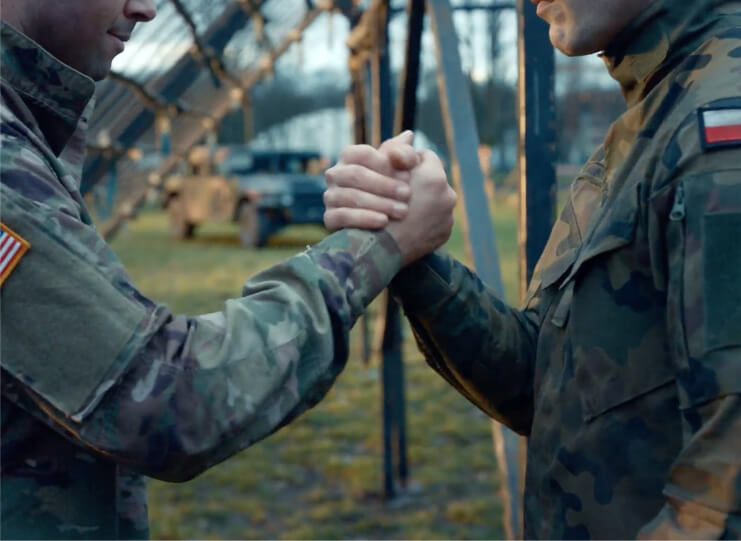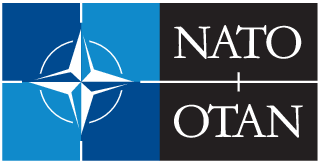We All Need Allies
The twentieth century was a century of wars, great ideologies and tragic conflicts that changed the world. It was also a time of remarkable scientific, technological and social achievements that contributed to the development and progress of humanity. As we entered the 21st century, we hoped that the painful lessons were behind us and the next centennial would be a time of global peace, growing prosperity and dialogue. In reality, over the past 20 years we have continuously faced new challenges: terrorism, financial, migration and environmental crises, pandemics, authoritarian regimes and growing inequality.
Can a single country cope alone with such challenges and uncertainties? The world has become too complex for that. Does such a scale of difficulties require agreement and cooperation that transcends a single country? Certainly, and the proof is in the pacts and Alliances, such as the North Atlantic Treaty, which established NATO - a military Alliance of democratic countries of Europe and North America, signed 75 years ago1.
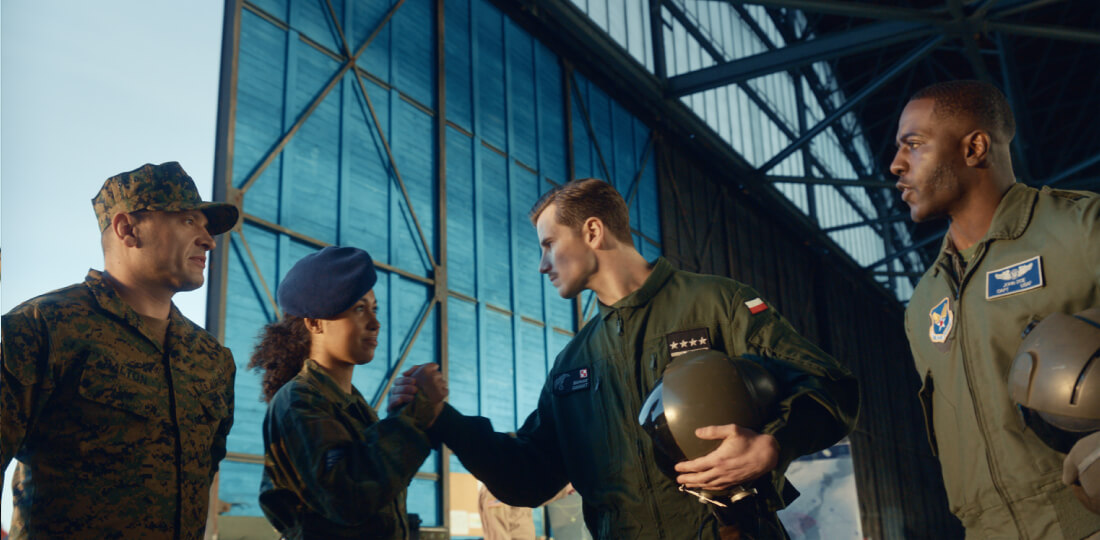
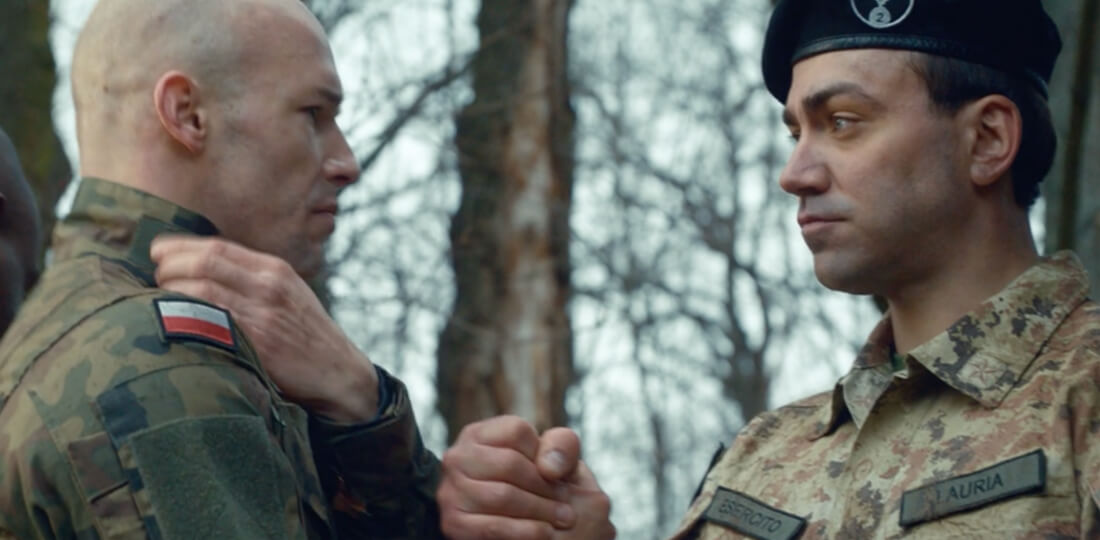
NATO member states, wishing to live in peace with all peoples and all governments, have decided to unite their efforts for collective defense and for the preservation of peace and security.2
To this day, they remain determined to safeguard their freedom and common heritage, founded on the principles of democracy, individual liberty and the rule of law. They do not seek conflict, but to promote stability and well-being throughout their area, which includes 31 countries and nearly a billion people3.
In NATO, the power of unity opposes the risk of isolation, because we know all too well what happens when a country is stuck in isolation, devoid of economic partners and Allies. The consequences quickly prove severe and far-reaching - history and the present know examples of this: Cuba, North Korea, Iran, Eritrea, Venezuela. Such alleged independence affects not only the country's international situation, but most importantly the lives of its citizens. The country's economy is experiencing a slowdown, with a lack of foreign investment and new jobs. Growing poverty leads to discontent, human rights violations, and these in turn lead to government repression. Health care and education are suffering, while difficult living conditions and limited opportunities are prompting people to emigrate, which often turns into migration and humanitarian crises.
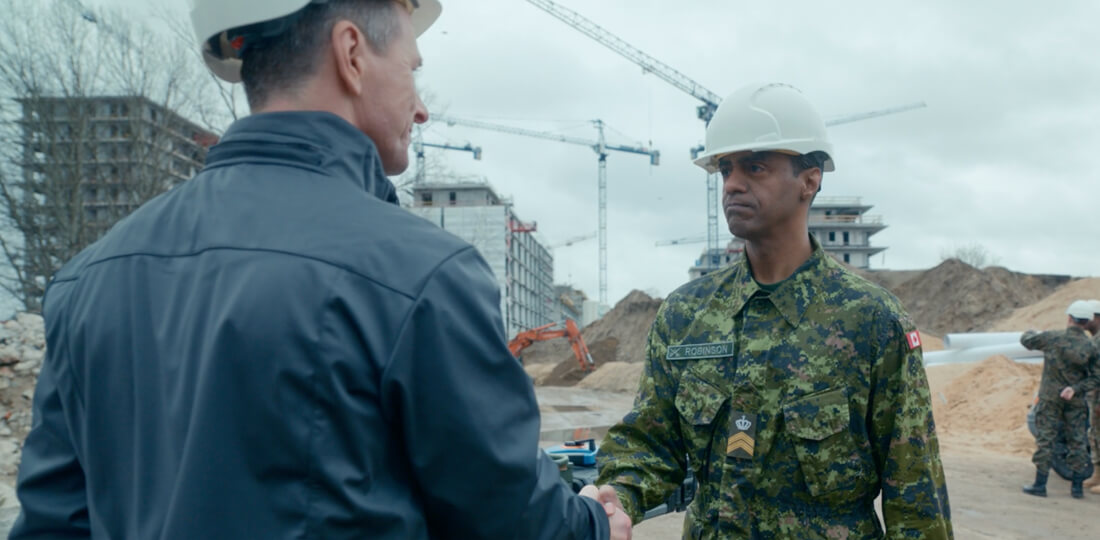
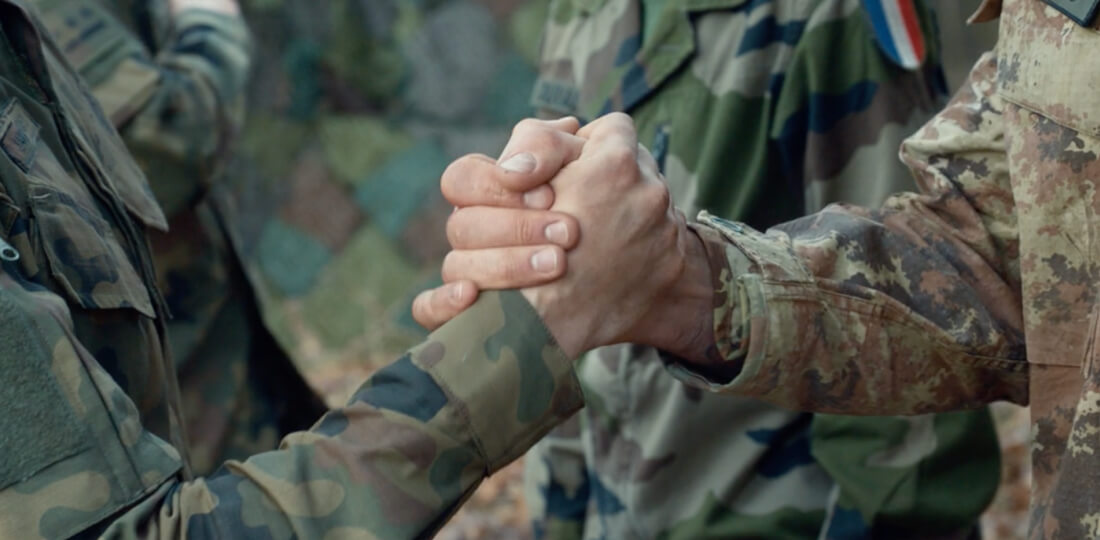
Only states that have the ability to cooperate and build Alliances remain resilient to crises and tensions.
Only states acting together can effectively protect common interests from external threats, eliminate sources of crises and extinguish conflicts. Their joint negotiating position is stronger, and their Alliance commitments can be fulfilled. Operating in an Alliance also gives a sense of pride while maintaining one's own identity, as Polish soldiers serving missions outside the country know.
Critics argue that NATO will not provide security for all its members. The truth, however, is that the Alliance has successfully protected Allies and stabilized the world since 19494. Interventions by NATO forces have ended many conflicts, for example giving peace and protection to the people of Bosnia and Herzegovina or Kosovo. Equally far from the truth are claims that the Alliance is dominated by the United States, which only looks out for its own interests. The U.S. government indeed contributes the most to NATO's budget5, but decisions within the Alliance are made by consensus, meaning that every member state, regardless of its size or a number of years in the Alliance, has a vote.
Authoritarian regimes try to accuse NATO of pursuing aggressive policies that escalate conflicts. This disinformation most often serves to conceal their own disreputable goals, while NATO's goal is and will be to defend and protect its members, not to provoke conflicts. The Alliance invariably operates under the control of democratically elected governments and in accordance with international law.
There is hope in the words of the NATO Secretary General that even though the world has become more dangerous, NATO has become stronger6. We don't know what threats the future will bring, but we do know that Poland needs Allies, just as Allies need Poland. Together we are stronger and more resistant to the unknown.
References
1https://www.nato.int/cps/en/natohq/topics_67656.htm2https://www.bbn.gov.pl/download/1/15754/traktatpolnocnoatlantycki.pdf3https://www.nato.int/nato-welcome/index.html4https://www.nato.int/cps/en/natohq/declassified_139339.htm5https://www.nato.int/cps/en/natohq/topics_67655.htm6https://www.nato.int/cps/en/natohq/news_222914.htmCheck your
knowledge
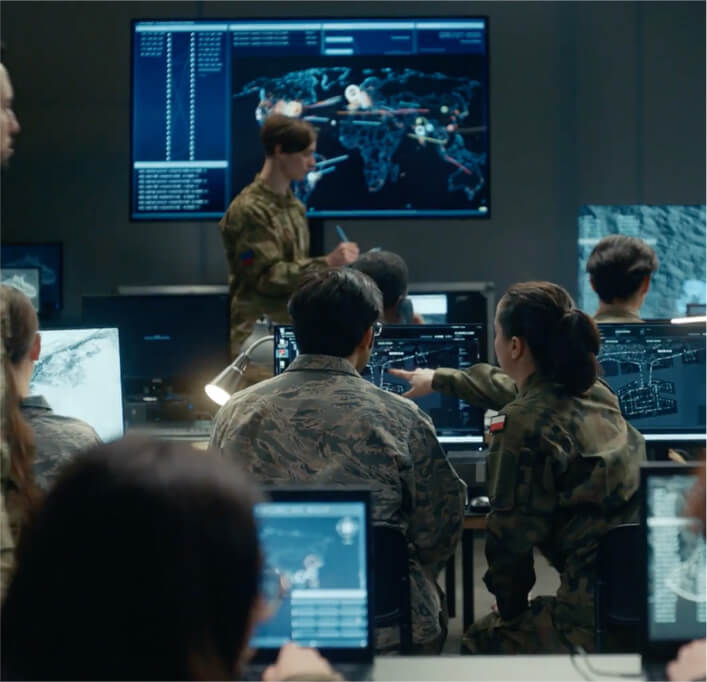
The term "disinformation" has become increasingly prevalent in recent years, leading many to believe they are well-versed in its nuances. It's easy to dismiss falsely created content as trivial and straightforward to identify, assuming one would have to be exceptionally gullible to fall for it.
However, it's precisely the banality and simplicity of disinformation that often serve as mechanisms of manipulation. What's more, such manipulation can be a component of hybrid operations, which mix digital attacks with information warfare to support armed aggression. The ultimate goal is to sow unrest, undermine legal frameworks, and destabilize military Alliances like NATO, exacerbating social divisions and fringe ideologies.
War in its worst military form, does not have to occur at our borders to affect us. This underscores the importance of delving deeper into understanding disinformation and the tactics employed called "bad actors" who propagate it. Our knowledge and awareness of these threats serve as our best defense in combating them daily.
What's
next?
NATO Is Here
For Us
In the afternoon, restaurants and cafes in the Masurian town of Orzysz fill up quickly. Men and women in uniforms of NATO armed forces sit among us. They drink coffee and talk about food, soccer, and mosquitoes. Some articulate Polish words with ease, while we help others place their orders. Just as they help us: with their service and presence, making our world more connected, friendlier, and safer. Together, we are part of something bigger and more important. And when the city empties out, we know that the exercises on the training ground have begun.
read more